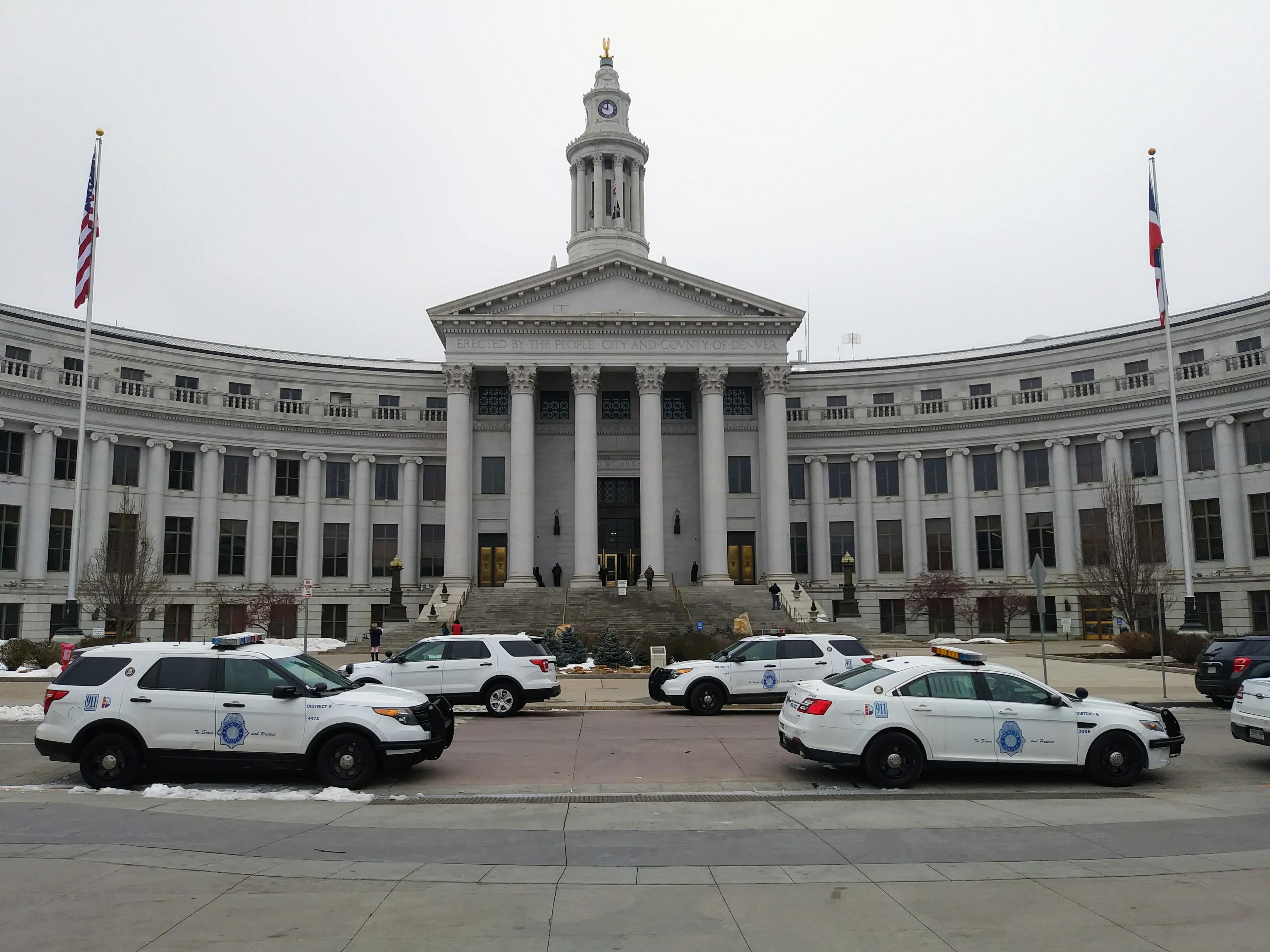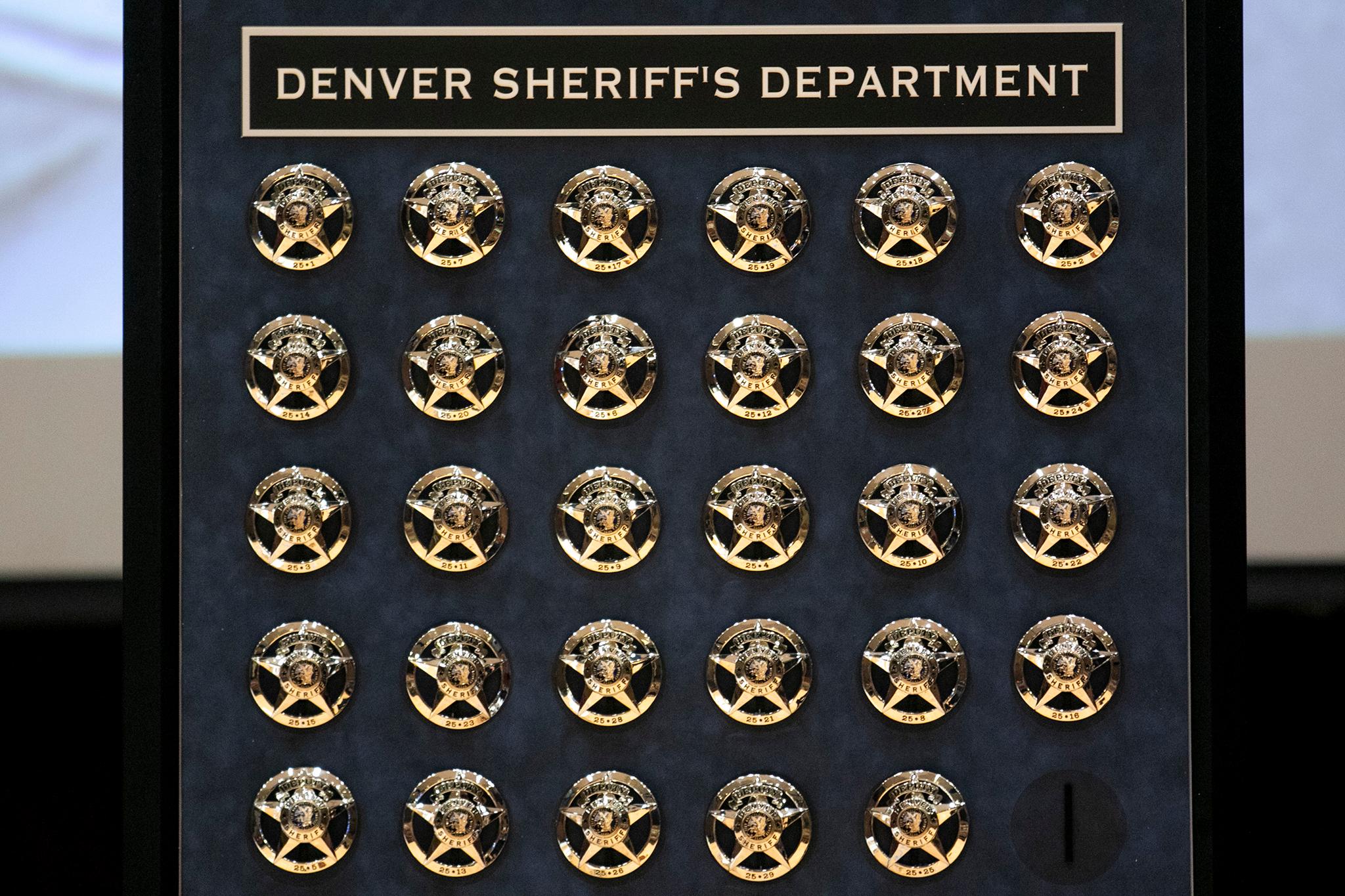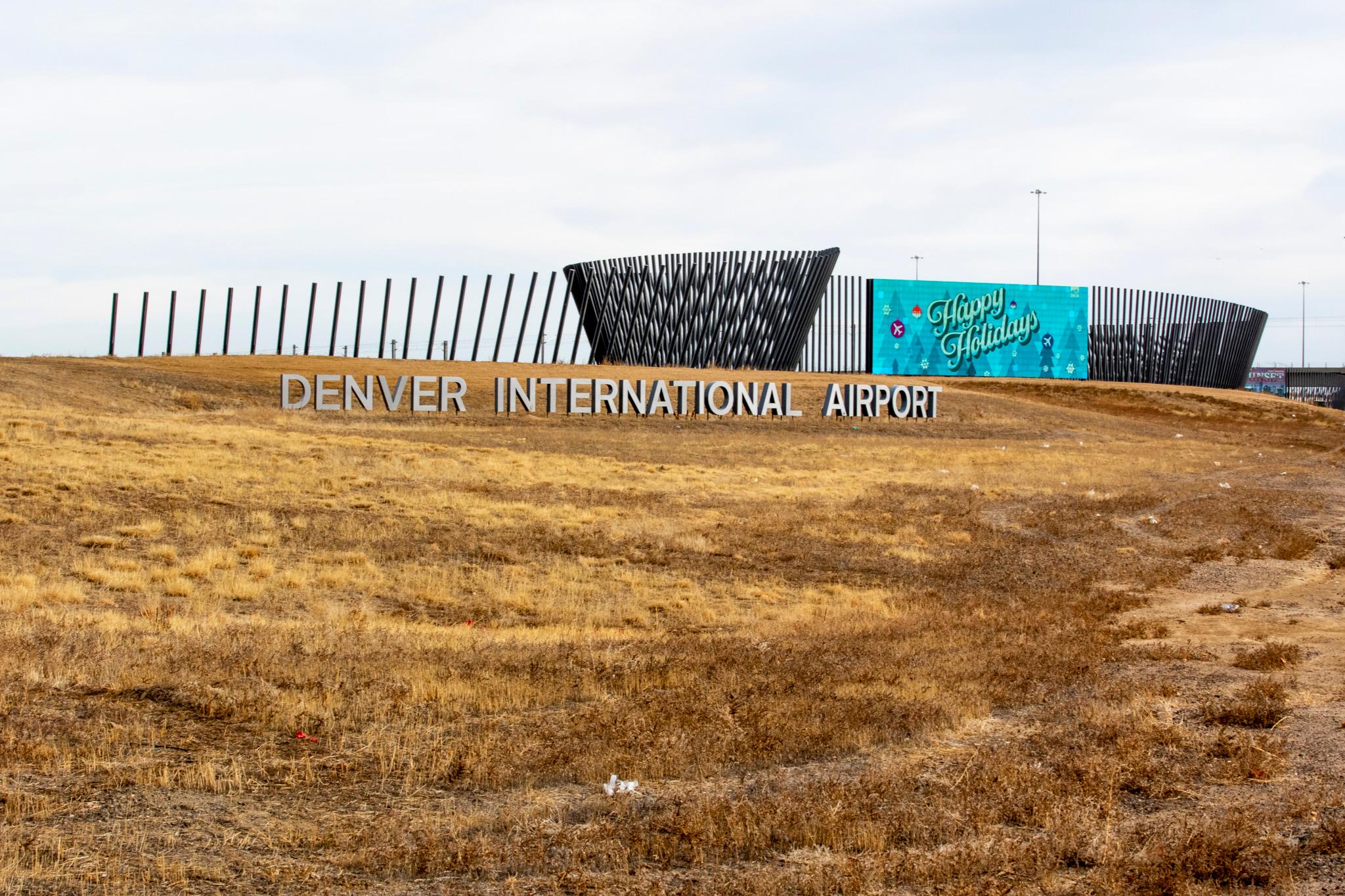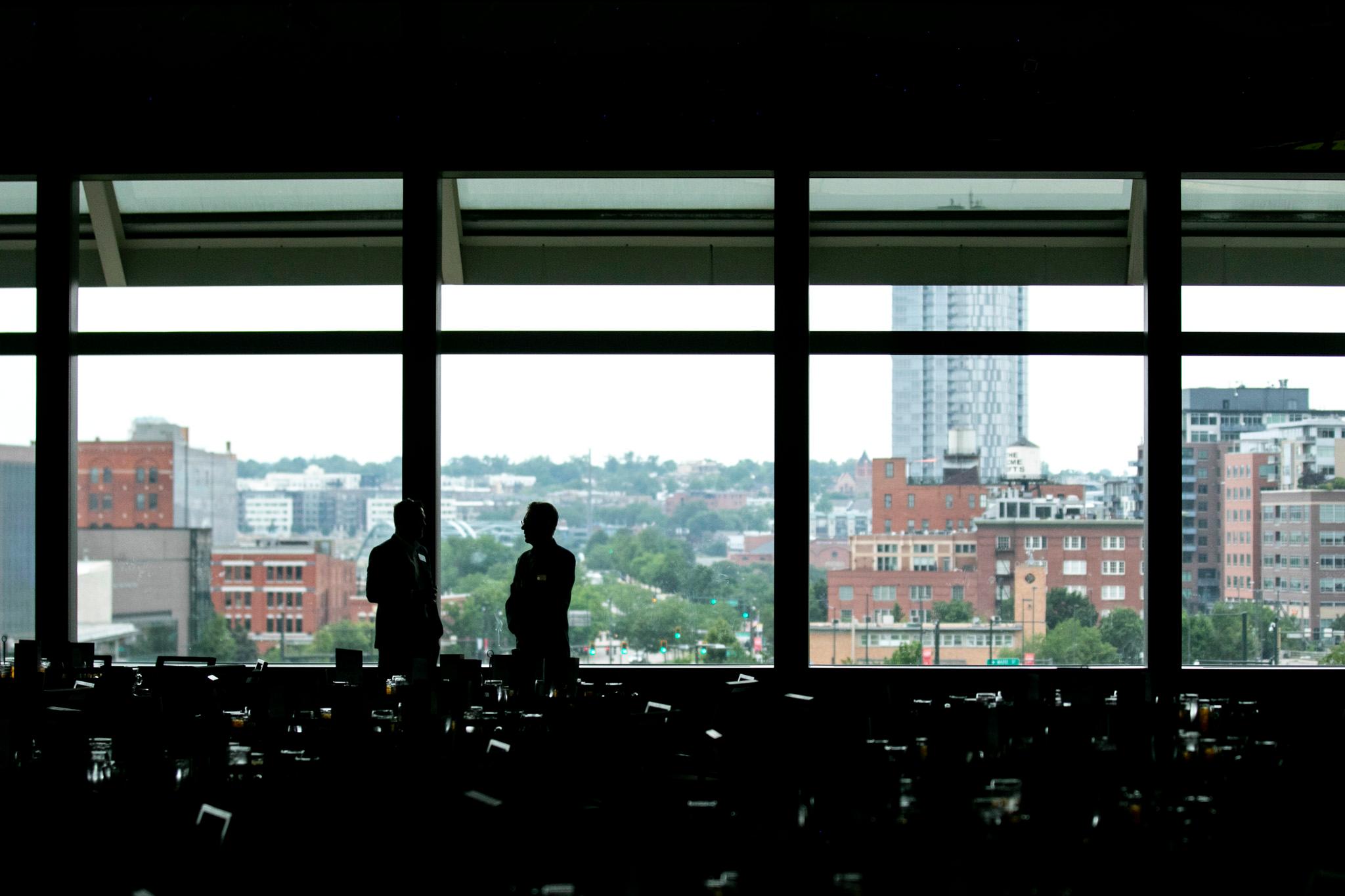The Denver Police Department is revamping its approach to bias-motivated crime by creating a separate investigative unit and providing more outreach in response to what Chief Paul Pazen called "heinous" crimes.
The new steps are part of a comprehensive approach to investigating crimes that often "impact our entire city or an entire community," Pazen said at a press conference Monday.
"We don't want to stop there, at handing off a case," he said. "We want to make sure that we are going into the neighborhoods, sharing with them resources so that they can heal after these types of heinous situations."
Bias-motivated crimes are defined as an act targeting a person for things like race, sexual orientation, gender, religion or physical or mental disability.
Mayor Michael Hancock said the city has been tracking "a disturbing trend" involving an increase in bias-motivated crime across the nation.
Denver has also seen a slight increase. Within the last year, there have been incidents involving racist slurs written at local businesses and racist symbols found in local houses of worship. In 2018, 62 cases involving a bias-motivated component were reported to Denver police -- a number comparable to 2017.
A recent report highlighted an increase in anti-Semitic incidents both in Colorado and nationwide.
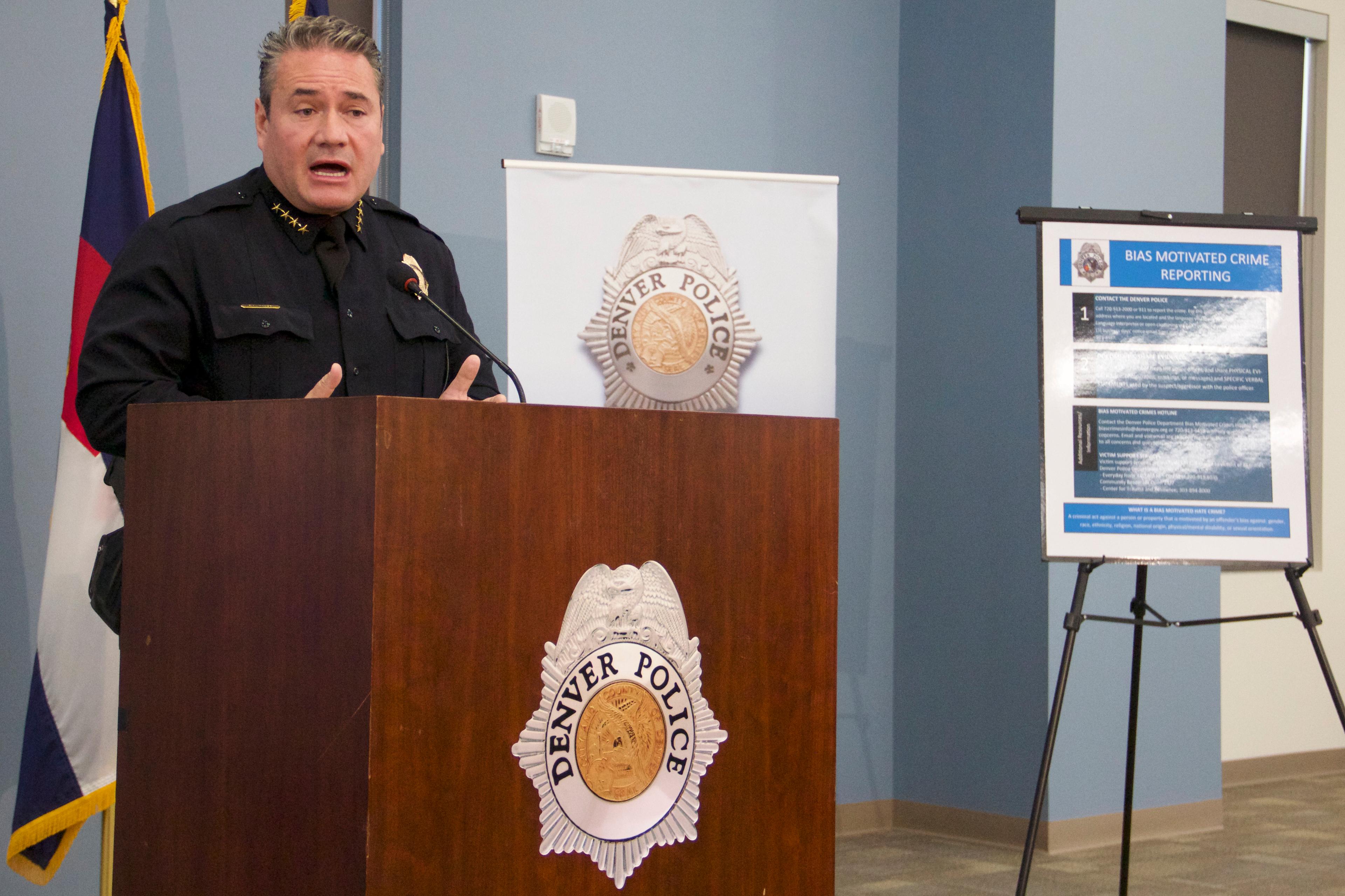
"We're here today as part of this announcement to be very clear that Denver will never tolerate bias-motivated crimes of any kind," Hancock said.
Hancock said young people especially seem to be drawn to the attention created by bias-motivated incidents.
"By no means, they're not the only ones committing these crimes," Hancock said. "We are seeing an increasing number of young people who are doing these types of crimes, such as graffiti, painting swastikas, but these are messages of hate and they terrorize communities."
The new unit's sole purpose will be investigating bias-motivated crimes.
Sgt. Tony Parisi will lead the unit, which have two detectives. Parisi said the unit will no longer fall under the same umbrella as the department's domestic violence unit, and he hopes the unit will be able to build trust with the community to ensure more people come forward to report these crimes.
He also said he hopes the work will help not only in arresting people suspected of committing the crimes, but leading to more prosecutions.
"Trust is a big thing," Parisi said. "Trust and familiarity with the detectives who are going to be investigating these terrible crimes and unspeakable crimes is important."
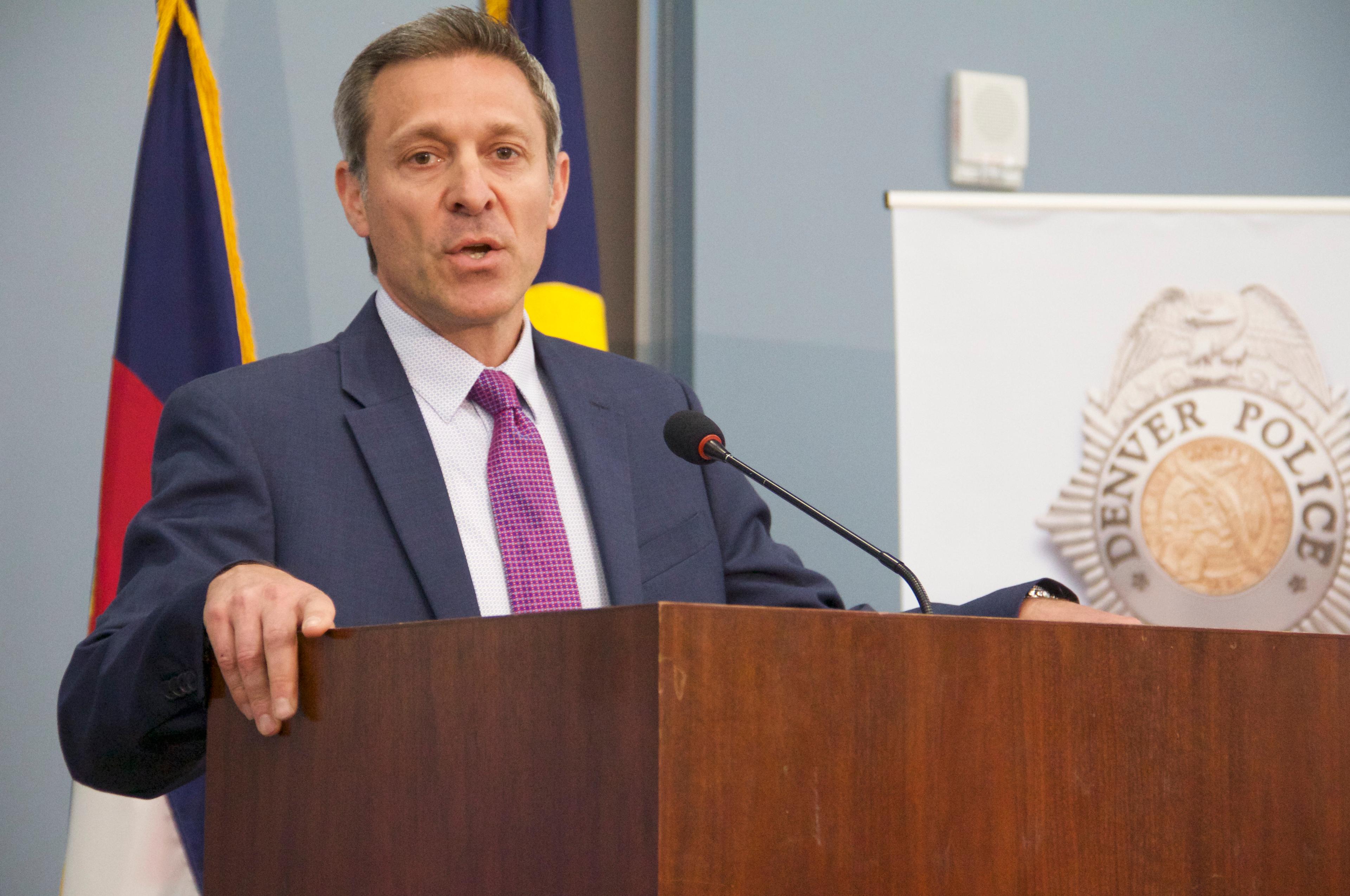
Sgt. Carla Havard, who is part of a team responsible for connecting the department with the community, will provide assistance to the new unit.
"We've always been very, very good at knocking at your door, asking you if you've heard something," Havard said. "What we haven't been so great at, and what we're certainly changing, is now coming back and knocking on your door and asking you, 'Are you okay?'"
Parisi and Leslie Mongin, who works with community engagement at the department, both said they believe bias-motivated crimes are underreported in Denver. Mongin said timely reporting of such crimes translates to more resources and services to victims and community members.
The department is partnering with Denver District Attorney's Office and the Denver Police Chaplains Unit to roll out the changes. Police are releasing a flyer with information on reporting such crimes, which includes tips on what evidence is important to gather.
"Often, when people experience a bias-motivated crime, they want to scrub away that graffiti or delete that voicemail, but that can be very important information for detectives," Mongin said.
The flyer is available online in the 13 most-spoken languages in the city. A video with an ASL translation of the flyer will be posted later this week.
Here's what you can do if you suspect a bias-motivated crime.
The department recommends calling or texting 911 if you think you've been a victim of a hate crime. You can call their non-emergency line at 720-9130-200 as soon as possible if a suspected crime has already happened.
Additionally, Denver Police has a hotline specifically for bias-motivated crime reporting. You can reach that line by phone at 720-913-6458 or by email at [email protected]. Police said these two lines are checked within a business day.

